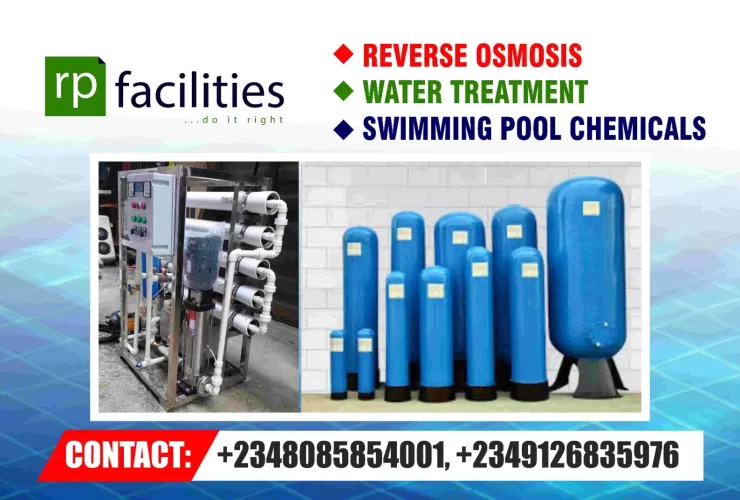In the journey to guaranteeing admittance to perfect and safe water, the development of water treatment advances has been urgent. Among the state-of-the-art headways, nanotechnology has arisen as a unique advantage, reforming the proficiency and viability of water treatment processes. In this article, we dive into the huge job of nanotechnology in lifting water treatment guidelines, featuring its possible effect on the worldwide water emergency.
Understanding Nanotechnology in Water Treatment
Nanotechnology includes the control of materials at the nanoscale, where particles are estimated in nanometers. Getting water treatment from Best water Treatment Company in Lagos, Nigeria, this innovation is the outfit to address the difficulties related to pollutants that traditional techniques battle to wipe out. The unique properties of nanomaterials, such as nanoparticles and nanotubes, enhance their capacity to capture, neutralize, and remove pollutants from water sources.
Enhanced Filtration and Adsorption Capabilities
One of the vital commitments of nanotechnology to water treatment lies in its capacity to improve filtration and adsorption processes. Nano-sized materials give a bigger surface region to connections with pollutants, considering the more effective evacuation of contaminations. This expanded surface region works with the adsorption of toxins, guaranteeing a more careful and fast cleansing interaction.
Targeted Removal of Specific Contaminants
Nanotechnology enables the targeted removal of specific contaminants by enabling the design and customization of materials with specific properties. This degree of accuracy is especially important in tending to different water quality difficulties, from weighty metal expulsion to the disposal of natural poisons. Thus, water treatment cycles can be customized to the remarkable necessities and qualities of various water sources.
Advancements in Nanomembrane Technology
The development of nanomembrane technology is a significant advance in water treatment efficiency. These ultrathin layers from the Best water treatment company in Lagos, Nigeria, contain nanoscale materials and display prevalent porousness and selectivity. This means further developed water motion rates and improved evacuation of pollutants, making nanomembranes a promising answer for water treatment plants trying to upgrade their tasks.
Nanoparticles in Disinfection Processes
Beyond filtration, nanotechnology plays a crucial role in water disinfection. Nanoparticles, such as silver and titanium dioxide, have antimicrobial properties that can be harnessed for disinfecting water. By integrating these nanoparticles into water treatment processes, microbial contaminants are neutralized, contributing to the production of microbiologically safe drinking water.
Energy Efficiency in Nanotechnology-Based Water Treatment
Nanotechnology not only excels in pollutant removal but also contributes to energy-efficient water treatment processes. Traditional water treatment methods often demand significant energy inputs. In contrast, nanotechnology offers solutions that minimize energy consumption. For instance, nanomaterials can enable the development of low-resistance filtration systems, reducing the energy required for pumping water through treatment plants. This aspect is particularly crucial in addressing the environmental impact of water treatment facilities. By incorporating nanotechnology, there is a potential to make strides toward sustainable and energy-efficient water treatment practices, aligning with global efforts for eco-friendly solutions to water management challenges.
Conclusion:
In conclusion, the integration of nanotechnology into water treatment processes marks a significant stride in addressing the challenges associated with water quality. From enhanced filtration capabilities to targeted contaminant removal, nanotechnology offers a versatile toolkit for improving the efficiency and efficacy of water treatment. As the global demand for clean water continues to rise, exploring and adopting these innovative solutions becomes imperative.



